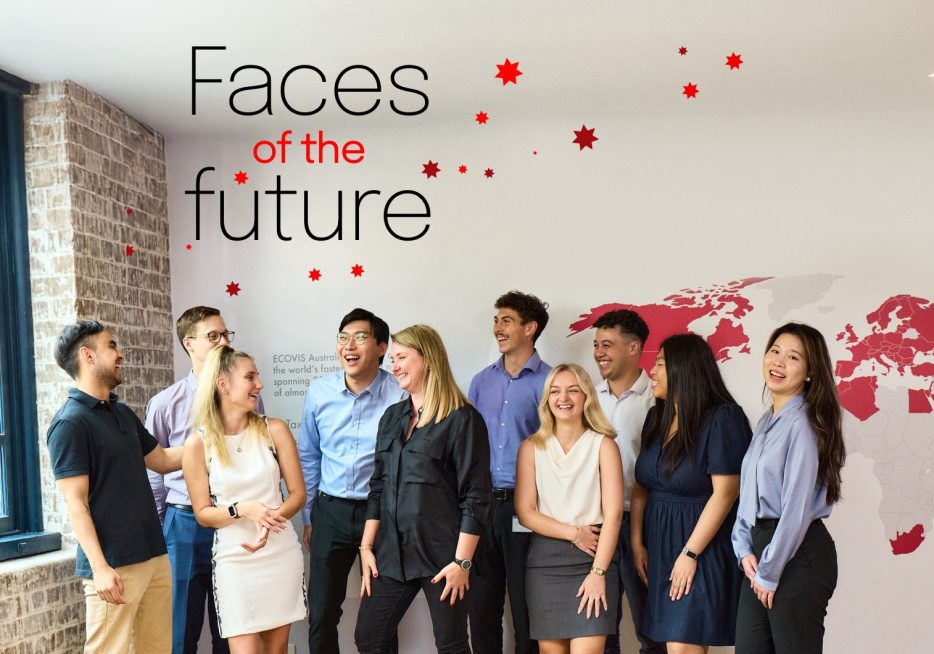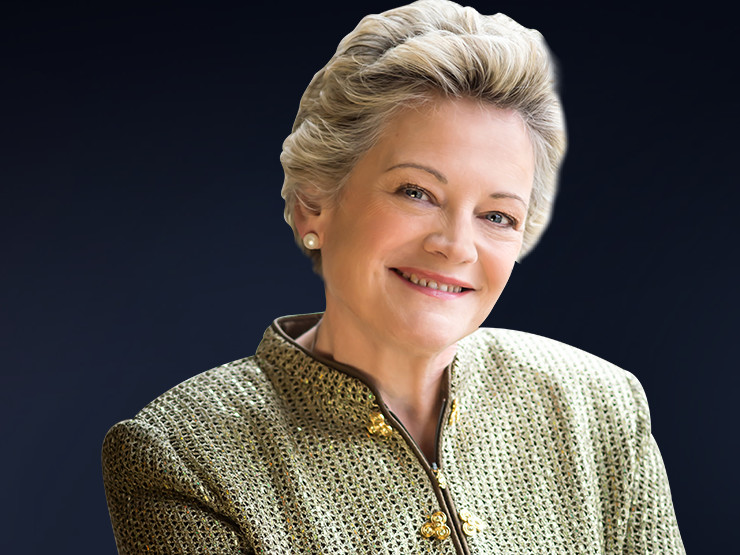Having passionate young professionals on the team is proving a powerful differentiator for Ecovis director Elissa Lippiatt.


Video
Tamara Erickson of London Business School shares five predictions on the workplace of the future.

Tamara J. Erickson, Executive Fellow of Organisational Behaviour at the London Business School and McKinsey Award-winning author shares what organistions need to do over the next 10-20 years to stand out among competitors and five key predictions for the work place of the future.
In old craft industries, systems were based on gauging the quality and quantity of work performed by each individual and pay was tied to those metrics. When industrial organisations began to take shape the questions they faced were different – it wasn’t about figuring out what an individual produced but getting everyone there in the same time and place through a well standardised process. Not a lot of the work we do today depends heavily on only those skills. What will make your company special is something beyond that.
Today it’s about knowledge work – how do you bring in the innovation, intelligence, collaboration, engagement and passion that individuals bring and that add the extra spark.
1. The way we organise fundamental business units will change.
They will be based on tasks not organisational roles as they are today and shaped around activities and projects. People will still have titles but they will be time bound and very specific. You may head up launching a particular product this year; you may have multiple projects. Some will be very short others will be very long.
Compensation will be tied to the number and type of projects you do. Compensation will fluctuate but you will have an important voice in that choice.
We need to do this because the current system doesn’t work for the marvellous wealth of older, intellectually capable talent available to draw on. We need to go to task-based work because that is the best way to utilise older workers. Most 70 year olds don’t want to work 60 hours a week but they want to do something meaningful, and they want to be part of a project team.
Birthrates are falling around the world, and we are not replacing our adult population. If you want young talent you need to attract and keep them. That’s very hard with our current organisatonal design. Millenials, influenced by the impact of terrorism, are about living fully every moment. Their model is about doing things that are meaningful and challenging and that satisfy the quest for immediacy.
Re-gens – those in their 20s and early 30s – influenced by scarcity of natural resources and the GFC, think about how they are going to share and distribute and take the best care they can of the resources available. That does not fit with many organisational models today. Many want to be entrepreneurs, not part of big organisational models. Finding ways to be more flexible for them is the challenge.
2. How work is integrated will change.
It will be much more dependent on coordination than owning assets. One of biggest productivity leaps was in the 1980s-90s when computers came into businesses for the first time. Those who used computers to do the same thing faster and cheaper got a small productivity gain but those who used them to step back and ask how to do things differently got major leaps productivity.
Technology is an opportunity to rethink our organisations and ask – what do I no longer need to own? What could you just use when you need it? This will mean you will employ a lot fewer full time employees. Instead of 1000 employees you may have 100 plus 10,000 community members. This means HR leaders will manage a very different looking pool of people. Those who get first mover advantage with this will have a big opportunity to reduce costs. But this means identifying the resources and skill sets you no longer need full time and embracing flexible work arrangements.
3. You’ll have to manage a portfolio of people and a variety of work arrangements.
Managing a community of individuals means the HR role will be much more similar to marketing. Marketing has to maintain a great relationship with customers who use your products sporadically. It will be the same with people who work for you. You’ll need processes to develop and maintain long-term relationships with people who are not full time employees.
This means:
4.You’ll need to manage people who do different things than they do today, many heavily augmented by smart machines.
Intelligent machines will change ‘knowledge work’ in the areas of sharing expertise, creating new expertise, and organising information in ways that are useful and appropriate and in areas that require assessing and recommending. In areas that involve decision-making and innovation, humans will still play an important role but will be supported by machines.
So the people you will be supporting over the years ahead will be people who have to do things like value-based decisions, and relationship building, collaboration, and innovation. That means businesses will need to look aggressively for where machines can play an important role and develop leaders who understand values and relationships.
5. How businesses create ‘differentiating value’ will change.
The added creativity and innovation that will come from individuals is what will differentiate buisnesses. But the organisations with highest level of discretionary effort are weird. They are idiosyncratic – with a unique identity. So one of the things you need to do is get comfortable with what makes your organisation special. You also need to deliver an employee experience consistent with whatever that is.
The most important thing is mobilising intelligence. Leaders can’t force it but they need to create an environment when people want to exert. You need to make sure you are partnered with forward thinking leaders. Nothing will happen if you don’t have an executive by your side ready to lead into the future and focused on innovation, collaboration and engagement.
© National Australia Bank Limited. ABN 12 004 044 937 AFSL and Australian Credit Licence 230686.